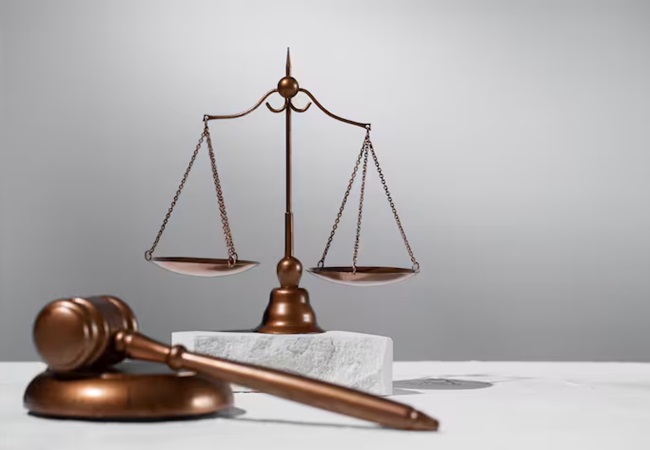

Three New Criminal Laws: Today i.e. from July 1, 2024, three new criminal laws have come into force in the country, which will bring comprehensive changes in the criminal justice system of India and abolish the colonial era laws. These codes of the new law are the Indian Civil Defense Code (BNSS), the Indian Judicial Code (BNS) and the Indian Evidence Act (BSA). In the new laws, some sections have been removed and some new sections have also been added. Due to which there will be a lot of change in the functioning of police, lawyers and courts as well as common people.
In fact, after the implementation of three new criminal laws across the country, the Indian Justice Code, the Indian Civil Defense Code and the Indian Evidence Act will replace the British era Indian Penal Code, Code of Criminal Procedure and Indian Evidence Act respectively. These new criminal laws aim to prevent judicial delays and usher in stronger use of information technology.
However, the new law will have no effect on the investigation and trial of cases registered before July 1. On the other hand, politics also seems to be heating up against the new law. Opposition leaders have raised questions regarding the new law.
Expressing opposition to the new laws, Congress MP Manish Tiwari wrote in an ex-post, ‘The new criminal laws implemented from 12 midnight on July 1, 2024 – (today) lay the foundation of turning India into a police state. . Their implementation should be stopped immediately and Parliament should re-examine them.’ Along with this, he has also shared the link of an article written for a news website.
Senior Congress leader and former Union Finance Minister P. Chidambaram has also expressed his opposition to the new laws. He wrote in X Post, ‘Three criminal laws replacing IPC, CrPC and Indian Evidence Act have come into force from today. 90-99 percent of the so-called new laws are a work of cut, copy and paste. The work which could have been accomplished with some amendments to the existing three laws has been turned into a wasteful process.
Yes, there are some improvements in the new laws and we have welcomed them. These could have been introduced as amendments. On the other hand, there are also many regressive provisions. Some changes are prima facie unconstitutional. The MPs who were members of the standing committee considered the provisions and wrote detailed dissent notes on all three bills. The government did not refute or respond to any of the criticisms in the dissent note. There was no meaningful debate in Parliament.
Chidambaram further wrote, ‘Law scholars, bar associations, judges and lawyers have pointed out serious shortcomings in the three new laws in several articles and seminars. No one in the government bothered to answer the questions. This is yet another case of scrapping three existing laws and replacing them with three new bills without adequate discussion and debate.
The initial impact would be to disrupt the administration of criminal justice. In the medium term, a number of challenges to the laws will be instituted in various jurisdictions. In the long term, further changes should be made to the three laws to bring them in line with the Constitution and modern principles of criminal jurisprudence.’